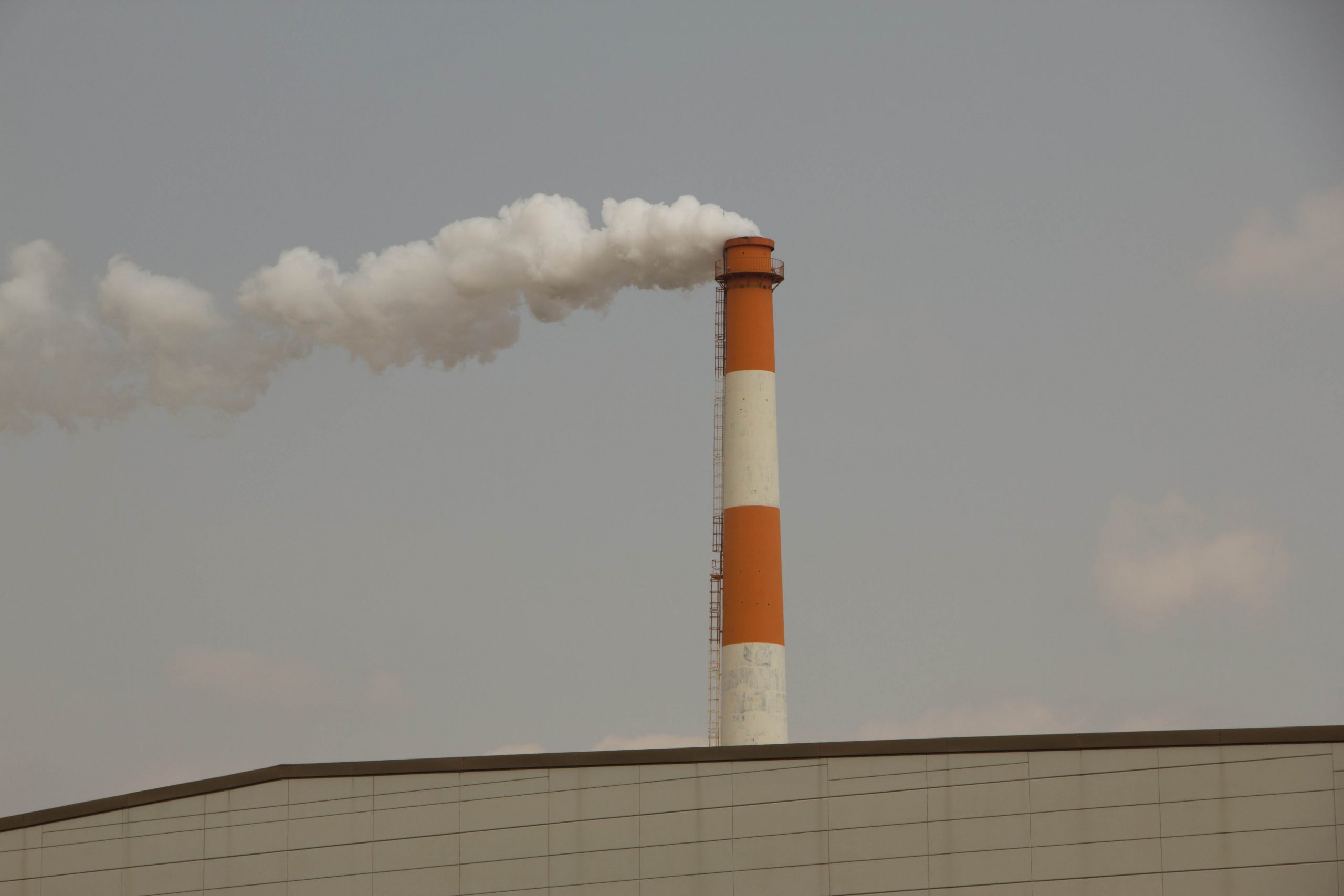Carbon emissions are a quintessential example of a negative externality – an output that causes an undue negative effect on those who are not involved in its production. Where negative externalities exist, economists advocate for intervention. Take smoking: it’s no longer socially permissible to smoke a cigarette indoors because of the adverse effects of second-hand smoke. Shouldn’t carbon emissions be treated the same way? The issue is that CO2 emissions, which are the leading cause of anthropogenic global warming, are a worldwide problem. Unlike in the case of smoking, curbing CO2 emissions in one jurisdiction does next to nothing to mitigate the aggregate effects of global warming. There are many complex perspectives to incorporate when proposing solutions to this problem, since any regulation on carbon emissions has vast economic impacts. There is a scientific consensus that humanity must reduce its carbon emissions in order to solve global warming in the long run. The World Wildlife Fund puts it nicely: we need to “quickly transition from high-polluting fossil fuels to renewable energy.” So how do we solve this problem? A nationwide carbon tax is the first step we should take toward fighting the global problem of climate change. Unfortunately, this initiative is nearly politically impossible to accomplish in the United States, which can be seen by looking at a 2018 case study from the State of Washington.
A price on carbon is a form of a ‘Pigovian tax,’ which places a premium on negative externalities in order to decrease consumption of a harmful product. This tax will eventually lead consumers to abandon the use of fossil fuels, opting to utilize sustainable alternatives such as solar, wind, hydroelectric, or even nuclear power. Economists and environmentalists alike agree that carbon emissions must be penalized to mitigate the damage of climate change. Even Nobel Prize-winning Yale economist William Nordhaus – a skeptic of government regulation geared toward protecting the environment – believes that carbon emissions must be curbed through government intervention. Nordhaus believes that “the human impact on the environment provides much greater cause for worry.” Nordhaus disagrees with the United Nations’ goal of limiting human contribution to rising global temperatures to only 1.5° Celsius, arguing that that goal brings too great an economic cost to justify the environmental benefit. While critics of environmentalism often cite Nordhaus’ view as evidence for their case, they fail to recognize that he agrees that a carbon tax is necessary and the best option to slow climate change.
Luckily, Nordhaus isn’t the only economist in favor of a carbon tax. The International Monetary Fund (IMF) states that a carbon tax is the single most powerful way to combat climate change. The IMF recognizes the incredibly high cost associated with achieving the 1.5° goal, but concludes that “the cost of achieving emissions reductions through these approaches would be lower than the cost to people and the planet from climate change.” The IMF is referring to a carbon tax and to a cap-and-trade system for combating emissions, both of which have been increasing in popularity over recent years. This article does not argue for a carbon tax over the cap-and-trade system, but rather for the necessity of this type of regulation as soon as possible, before the damages of climate change become irreversible.
Unfortunately, the chances of successfully implementing a carbon tax in the United States are slim. As Tabitha Benney, a political science professor at the University of Utah, says, “strong political forces in the United States reject climate science.” Big businesses and wealthy coalitions have a strong influence in funding the campaigns of American politicians, so any large-scale initiative is difficult to pass without the blessing of corporate America. Regulation is a hard sell with important coalitions of large businesses because when these carbon-intensive industries are not forced to curb their emissions, they receive greater profits. Consider the failure to pass a carbon tax in Washington, one of the most environmentally-conscious states in the country.
The results of the State of Washington’s attempt to pass a carbon tax in 2018 reveal that “opponents of the 2018 version outspent supporters by 2-1 and successfully reframed the measure from the ‘fee’ used in the ballot language to a tax.” Voters are responsive to immediate costs, and were misled to believe that future benefits are uncertain and insignificant. Special interest groups in particular spent millions to oppose the carbon tax, including a “group of oil and gas companies [that] pumped tens of millions of dollars into the campaign.” Even a revenue-neutral carbon tax – which taxes the use of carbon, but then the government gives all revenue back to the people in the form of tax cuts – is often rejected. While this version of the carbon tax is met with less vehement opposition from many conservatives, it is unpopular among those who doubt the legitimacy of climate change, which constitutes a significant portion of the conservative voting bloc. American political forces thus make it nearly impossible to implement a carbon tax despite the consensus among both environmentalists and economists. A carbon tax is clearly a necessity to help put a monetary price on the externality of carbon emissions. Unfortunately, more than a tax is needed to stop climate change. As Bill McKibben argues in Yale Environment 360, an online publication focusing on emphasizing environmental journalism, we must implement more than just this. While a carbon tax is a very important step in the right direction, it may not be enough to preserve the biodiversity we currently see on our planet. The damage that we, as the human race, have done to this planet may be irreversible. We must do everything within our power to change that as soon as possible, and an environmentally-endorsed plan of action that won’t kill the economy is the implementation of a carbon tax. However unlikely in today’s political climate, a carbon tax is a necessary step that we all should be pursuing.
Photo: Image via Flickr (Alex Hamilton)
